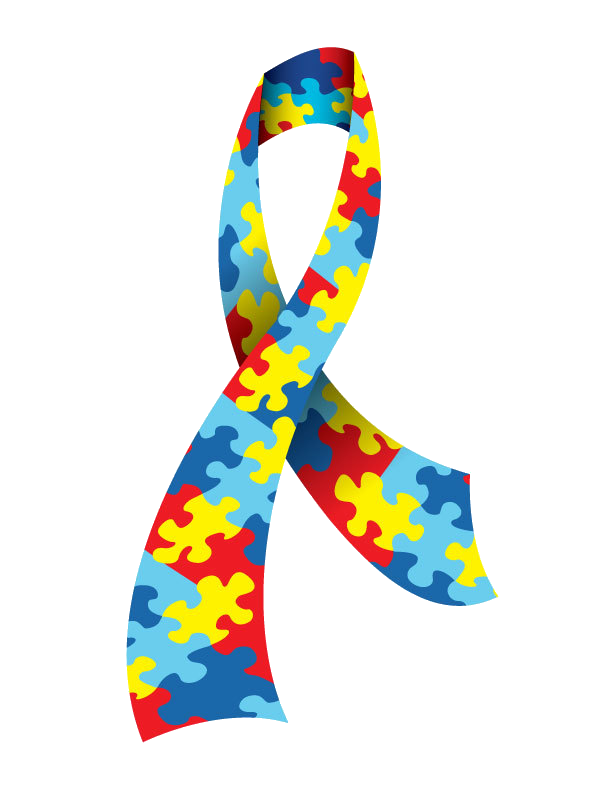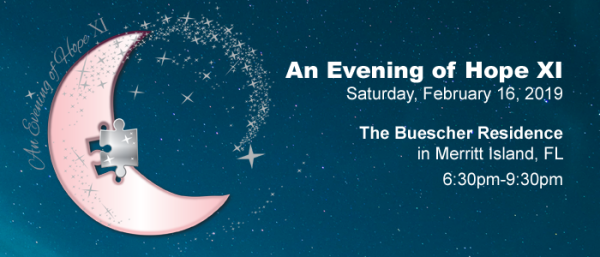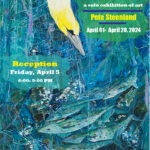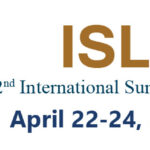The Scott Center for Autism Treatment at Florida Institute of Technology is using the latest research to treat children with autism and other related disorders. By. Jack Roth

When Reece Scott was diagnosed with autism early in life, there was little information on how to treat his condition.
Reece’s personal persistence, great teachers and skilled therapists enabled him to overcome many of the challenges associated with the disorder. In fact, Reece graduated from Georgetown University and went on to pursue a master’s degree in modern Japanese studies at the University of Oxford in England. His parents, Edward and Cheryl, realized early intervention and effective treatment were the key to giving children the best chance of being happy, independently living adults.
As a result of this positive outcome, Edward and Cheryl decided to fund the creation of the Scott Center for Autism Treatment in 2009. Since then, parents and children from around the world have come to the Scott Center for the most advanced treatment methods available.
 Ranked among the best in the world for its research contributions to the field of behavioral analysis, the Scott Center for Autism Treatment pursues a three-fold mission of clinical service, research and training.
Ranked among the best in the world for its research contributions to the field of behavioral analysis, the Scott Center for Autism Treatment pursues a three-fold mission of clinical service, research and training.
As an integrated component of Florida Tech’s School of Psychology and Applied Behavior, graduate students receive training and supervision from doctoral-level faculty, preparing them for a future as professionals who will continue to work to improve the lives of individuals and their families.
“The autism numbers are alarming, so it’s imperative we place an emphasis on early intervention services, training and research,” said Courtenay Porter, director of external relations. “Providing effective therapy early is one of our main goals.”The autism numbers Porter refers to are indeed alarming.
According to the Centers for Disease Control (CDC), in 2018 1 in 59 children were diagnosed with autism.
Research has shown that behavior and communication approaches that help children with Autism Spectrum Disorders (ASD) are those that provide structure, direction and organization for the child in addition to family participation. The Scott Center implements treatment based on the science of Applied Behavioral Analysis (ABA), which encourages positive behaviors and discourages negative ones in order to improve a variety of life skills.
“Through ABA, we want to increase positive behaviors and decrease or eliminate unwanted behaviors such as tantrums and self-harm,” explained Porter. “Autism is idiosyncratic, so observing children and coming up with a functional assessment for each individual is critical. We have observation rooms to see what behaviors are triggered. The spectrum is broad, and every child is different.”
 The Scott Center is a 22,000-sq.-ft. treatment and research facility that includes observation rooms, small group exposure rooms, large group/classroom-style rooms, a pediatric feeding program center, severe behavior therapy rooms, and a toilet training room.
The Scott Center is a 22,000-sq.-ft. treatment and research facility that includes observation rooms, small group exposure rooms, large group/classroom-style rooms, a pediatric feeding program center, severe behavior therapy rooms, and a toilet training room.
“It’s great we have an entire facility dedicated to not only autism research and treatment, but also other counseling resources,” said Porter. “Our entire second floor is dedicated to community psychological services, including individual, couple and group counseling, plus family therapy. For those dealing with a special needs child, it’s very challenging, so it’s important for the entire family to have resources at their disposal.
”She concluded: “Right now, our goal is to reach and help as many children as possible. We also want to do it as early in the development of each child as possible because this results in a more positive trajectory in the child’s life.”
An Evening of Hope
The Scott Center’s annual fundraiser will take place on February 16, 2019. If you’re interested in becoming a sponsor for the event, go to give.fit.edu/evening-of-hope-sponsorship.












